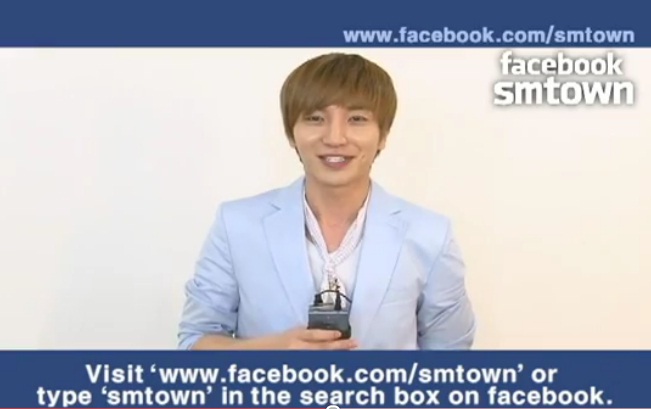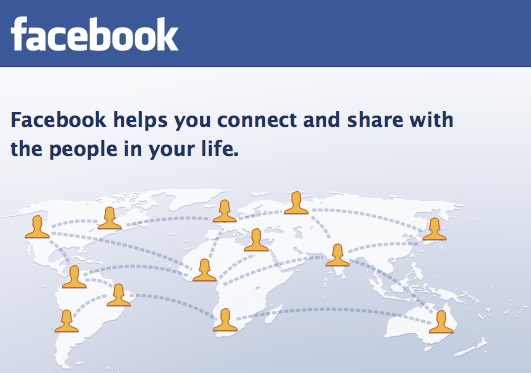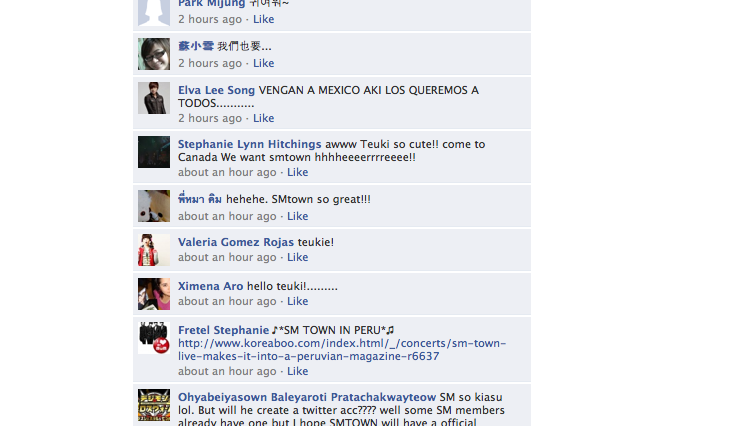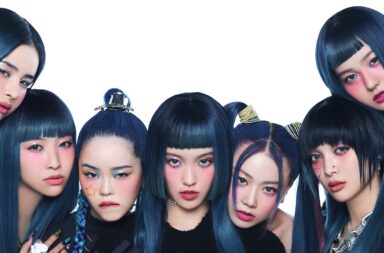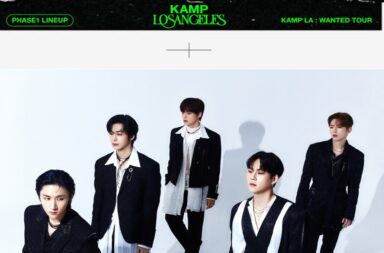Unless you’re a K-pop fan living in Asia where the effects of Hallyu are visible in the local culture, chances are over 80% of your K-pop livelihood takes place on the Internet. Personally, I’ve spent my entire life in New England suburbia, so apart from the two JYJ concerts in New Jersey and New York, my K-pop life has largely been confined to my computer screen.
Speaking of JYJ, some might remember that JYJ’s management attempted to use Facebook to coordinate JYJ’s American showcase tour last fall. While this method of communication might have proved convenient for many North American fans regularly logged into their Facebook accounts, I couldn’t help but feel that it was unprofessional of JYJ management to coordinate their PR through Facebook.
The appeal of promoting through Facebook lies in the size, spread, and diversity of its user audience. In a sense, Facebook is a giant Internet hotspot where people of all interests and backgrounds are gathered in one place. In theory, it would be foolish for a Korean entertainment company to not take advantage of Facebook and connect an artist with millions of potential customers.
SM Entertainment has started to connect with international audiences, as evidenced by last year’s SMTown concert in LA and upcoming SMTown concert in Paris. SM has recently launched an official Facebook page for all of its artists in anticipation for the Paris concert. It looks like SM intends on using their Facebook page to publish exclusive material, such as behind the scenes concert footage and photos, as well as an official outlet for news and announcements. Leeteuk, the SMTown leader of all SMTown leaders, explains more in the video below:
What puzzles me, though, is why this same exclusive material can’t be published on an official English- or multi-language website other than Facebook. After seeing JYJ attempt to command an entire PR effort through Facebook, I can’t help but think that big entertainment industry names should keep their paws off of Facebook and seek other ways to communicate with international fans. It’s not because of JYJ’s craptastic first shot at promotions in the United States, but because of the nature of Facebook and the way in which Facebook is perceived by its users. Personally, I use Facebook to communicate with people whom I already know personally. Conversely, I use Twitter to communicate with the internet community at large – news outlets, online communities directed towards niche interests, people who read my blog, et cetera. I do not talk about my plans for the weekend on Twitter. Nor do I expect to be bombarded with breaking news via a CNN news feed on Facebook. Ultimately, it’s a matter of purpose, and K-pop entertainment companies should recognize the different purposes of these social networking sites when attempting to connect with fans through the web.
It’s also a matter of professionalism and exclusivity. When you’ve got thousands of fans spamming the wall of a company’s official Facebook page with fangirl nonsense, it not only damages the professional image of the company but also weakens the barrier between the consumer and the producer. As aforementioned, there’s something about Facebook that’s more personal and private than any other social networking site. When a large company attempts to promote via Facebook, it doesn’t encroach on our (meaning “regular folks”) privacy as much as it detracts from their status as a notable public figure with a professional image to protect.
Needless to say, social media is a huge component of modern internet culture. With many international K-pop fans feeding their interests exclusively through the internet, it makes sense for Korean entertainment companies to reach out through social media. But in the end, it just seems like the audience researchers at these companies just thought that Facebook was the “big thing” overseas, and just decided to jump on it without doing much research about Facebook itself.
Facebook just ain’t the right place for professionals to go and hark their wares, period. The same argument could also apply to non K-pop artists, but it seems to be more relevant to K-pop idols because K-pop idols perpetuate an image that causes fans to believe that they are “just within an arm’s reach”. While the issue of idol ‘accessibility’ is a discussion for another time, it can be argued that the professional boundary between idols and fans is weak enough. Using a means of communication that’s as unprofessional as Facebook only makes things worse.
So final word, SM: If you insist on using Facebook, tidy things up a little. Close comments and ‘likes’ and keep fan postings to a minimum. Display your own, official material on the page and nothing else. At best, turn the Facebook page into a simplified webpage where fans can easily and directly link your material to their own pages. Or switch to Twitter, and post material from an official blog. Besides, K-pop has taken over Twitter already; y’all are just late to the party.
Or start a Tumblr! There might be horny fangirls everywhere and an entire blog dedicated to Onew’s junk, but hey – at least they’re enthusiastic, right?
(Sarcasm, folks. Sarcasm.)
